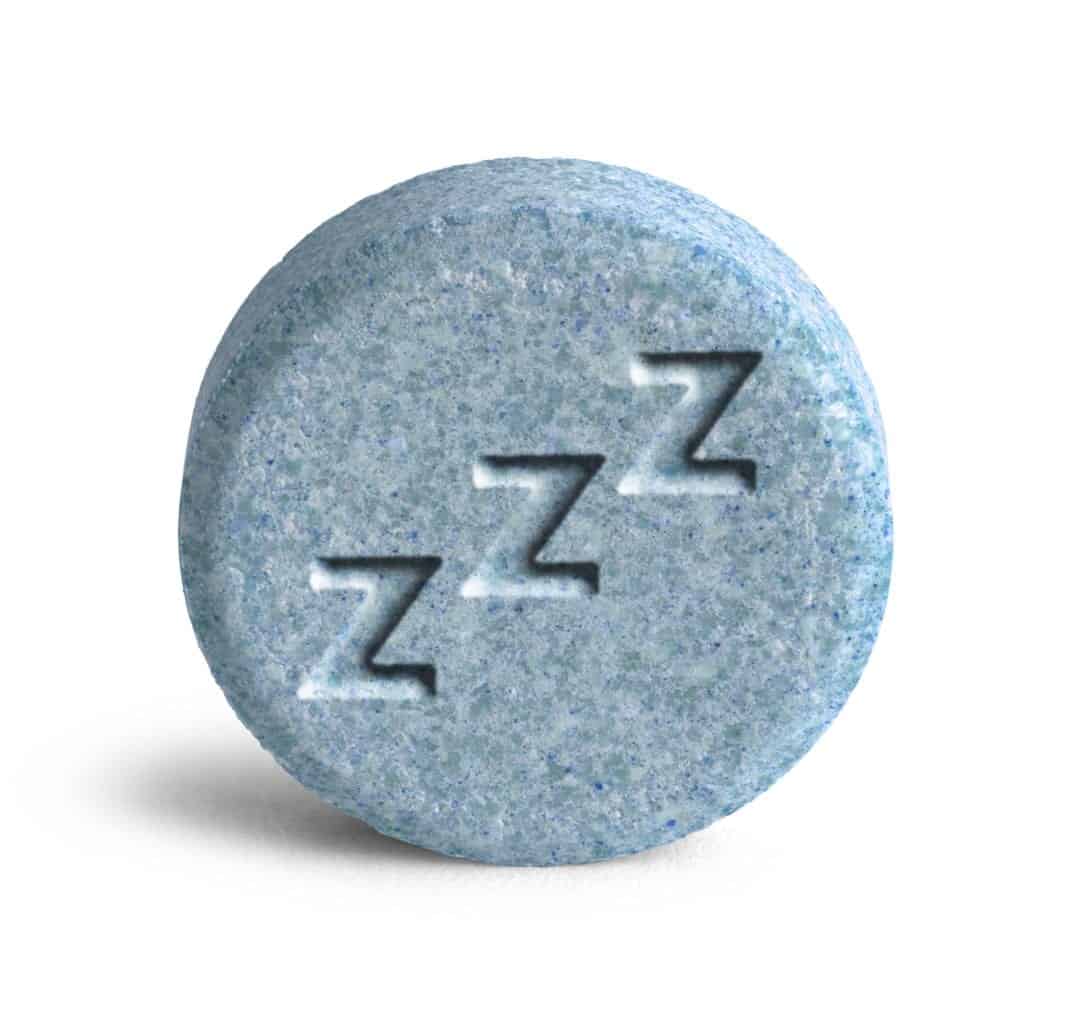“After controlling for several factors, we saw the risk rose in tandem with the more doses that people consumed. The mortality hazard was very high, it even surprised us.”
~ Dr. Daniel Kripke, study author and a psychiatrist at the Viterbi Family Sleep Center in San Diego
According to a recent study published in the British Medical Journal, there may be a link between typically-prescribed sleep medications and a shorter lifespan. A person taking three or more sleeping pills per week had a fivefold increased risk of early death than those who were prescribed none. Even for individuals just taking between one and 18 pills during the course of an entire year had a death risk that was three-and-a-half times the norm. “More research is needed to know exactly why sleeping pills are causing early death, but we believe the risks of taking sleeping pills outweigh the benefits,” said Dr. Kripke.
A Common Problem with Confusing Solutions
This is important information because as reported by the National Sleep Foundation, one out of every four Americans takes some sort of sleep aid every year. Among women, the rate of usage is even higher – one out of every three women uses a sleep medication a few times a week. Overall, more than one-third of American adults suffer occasional bouts of insomnia. People with more serious sleeplessness – lasting more than a month – typically find that over-the-counter sleep aids are ineffective for their particular problem. In addition, most of those contain Benadryl or other similar anti-histamines, which can cause next-day drowsiness. When insomnia lasts for a month or longer, it is necessary to see a doctor. However, by that time, sleepless sufferers are often desperate. When a sleeping pill that works is found, it can seem like a godsend, and as a result, a person can become psychologically dependent in a very short time. Even worse, physical tolerance is a very common problem with all sleeping pills. After a few months, all sleeping pills invariably start to lose effectiveness. This leads to a person feeling the need to take more than their prescribed dosage. And that’s when the problems really start.
A Dangerous Trade-Off
New research released by the Substance Abuse and Mental Health Services Administration, there were over 42,000 emergency room visits in 2010 due to overdosing on zolpidem, the active ingredient in many common sleep medications. That is nearly double the number of visits from five years earlier.
Worse for Women
Two-thirds of the aforementioned ER visits in 2010 involved women. Most people—including many doctors—don’t realize that women generally metabolize sleeping pills more slowly than men do. This was only just recently disseminated. In January of 2013, the US Food and Drug Administration reduced the recommended dosage for women from 10 mg to 5 mg—it was cut in half. Yet, many physicians are still blithely prescribing at the old dose.
A Host of Associated Health Risks
In addition to the dangers of addiction and everything that comes with it, there is mounting evidence indicating that long-term use of prescription sleep medication may also be a factor in other serious conditions.
- Patients taking over 132 sleeping pills a year have a 35% increased risk of cancer.
- Patients taking sleeping pills classified as benzodiazepines for more than three months are 51% more likely to develop Alzheimer’s disease.
- Depression
- Cognitive Decline
- Motor Skills Impairment—People tested for driving ability the day after taking benzodiazepines showed effects similar to a blood alcohol content of .05-.10%. By Federal law, .08% would qualify as drunken driving.
- Increased Risk of Addiction– to benzodiazepines and other drugs. 95% of US hospital admissions for overdoses of benzodiazepines also involved the abuse of other substances.
Benzodiazepines and Addiction
Significantly, long-term-use of benzodiazepine sleeping aids can lead to severe psychological and physiological dependence. This potential for addiction has been apparent for decades. Speaking before the Senate Health Subcommittee in 1979, Senator Ted Kennedy said that that class of drugs “produced a nightmare of dependence and addiction both very difficult to treat and recover from.” According to the National Institute on Drug Abuse, benzodiazepines are addictive in the same way that other drugs such as opioids, cannabinoids, and other drugs are. Regardless of the drug, the potential for addiction and its consequences are extremely serious. Dr. Christian Luscher at the University of Geneva studied benzodiazepines and their role in addiction, and said, “This is why addiction is so difficult to treat. Even if you clear the drug from the body, there are long-lasting changes in brain architecture.” Dr. Bryan Bruno, the acting chairman of the Department of Psychiatry at Lenox Hill Hospital, opened about how sleeping pills should be used. “Sleep hygiene education should be emphasized more so that sleeping pills could be used less often and usually avoided on a chronic basis.” https://www.drugabuse.gov/news-events/nida-notes/2012/04/well-known-mechanism-underlies-benzodiazepines-addictive-properties https://www.bendbulletin.com/home/2119922-151/benzodiazepines-treat-anxiety-cause-long-term-problems https://m.aol.com/article/2014/09/10/popular-sleeping-pills-linked-to-alzheimers/20960217/


